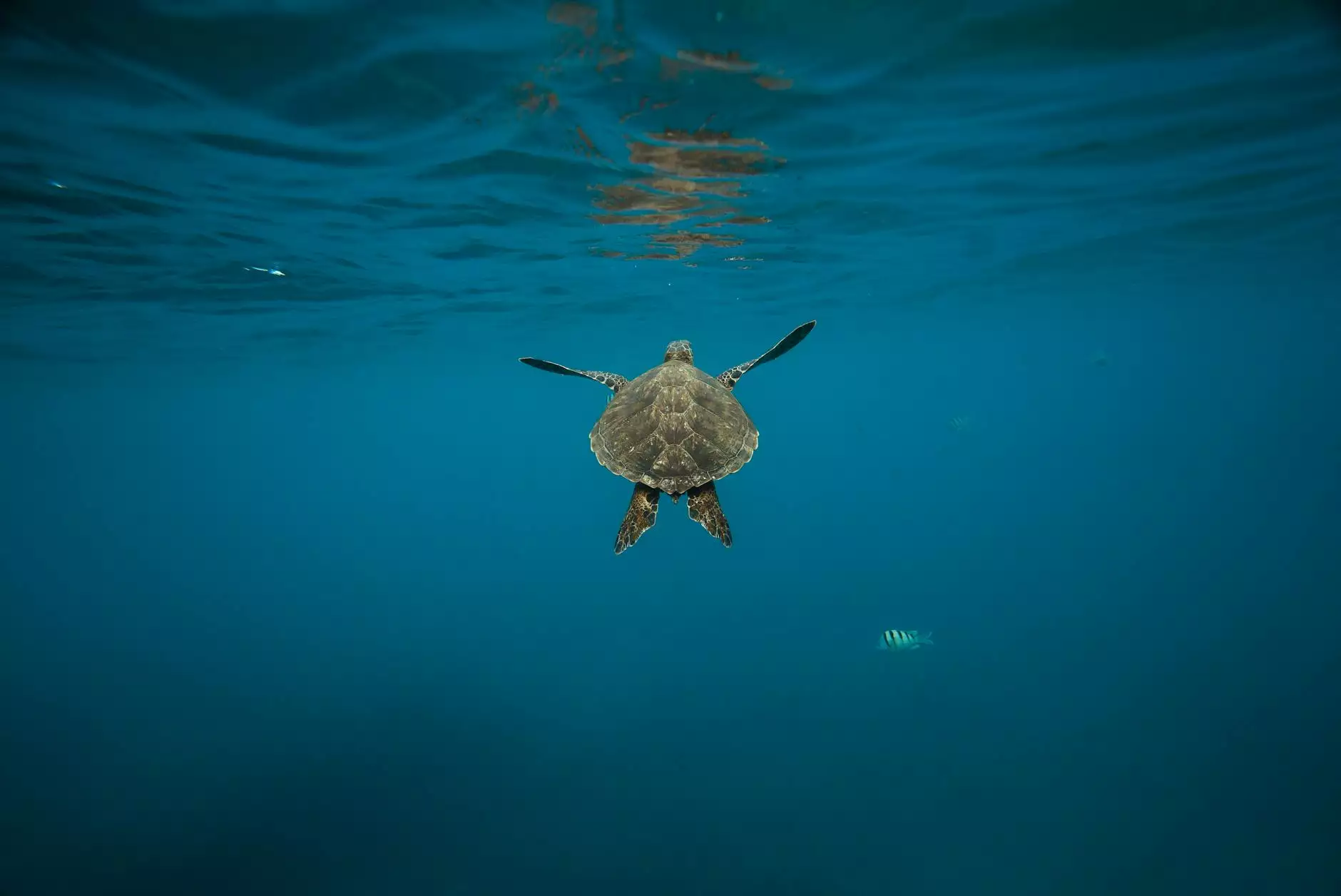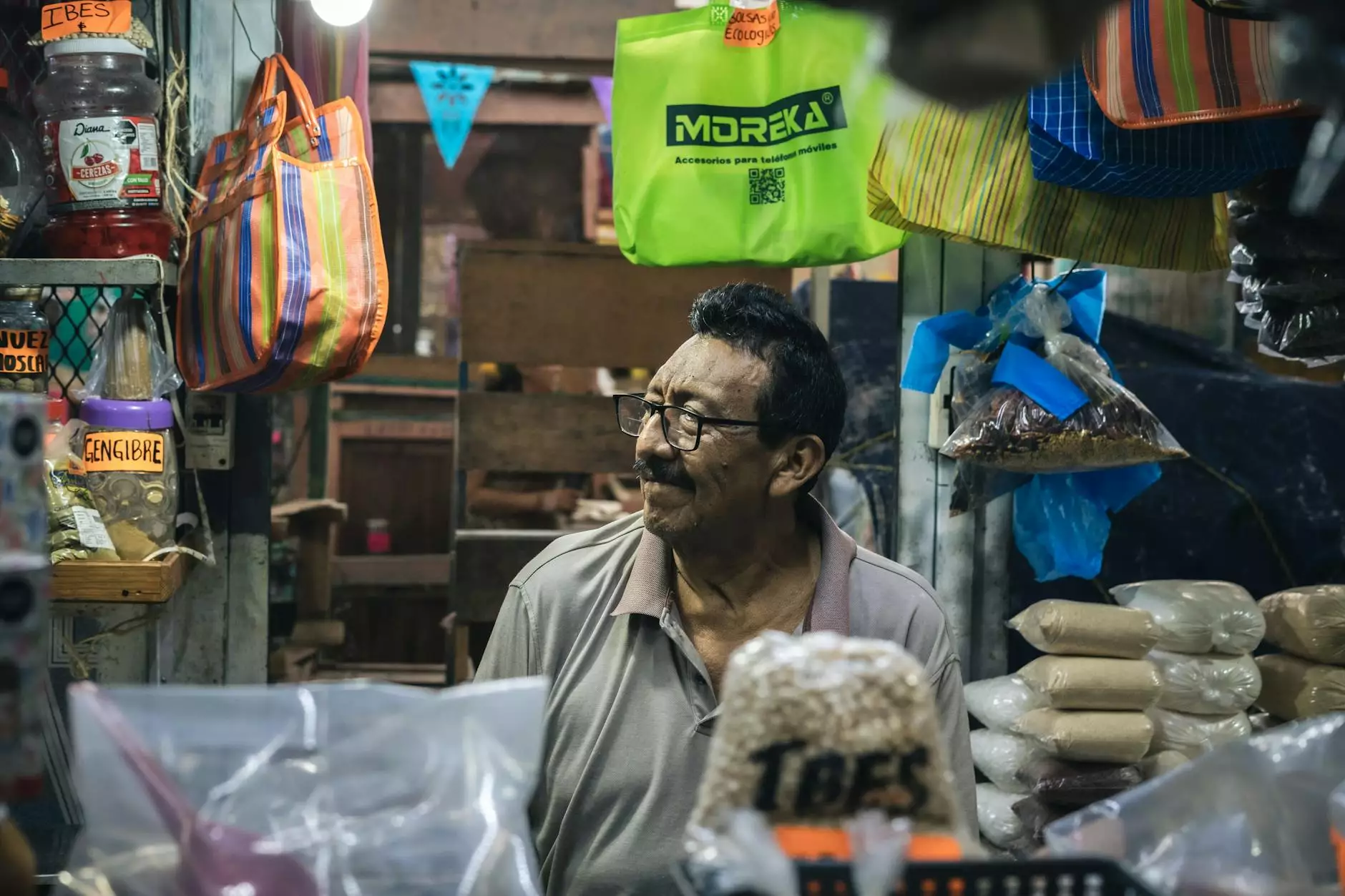Explore Pet Turtles in Australia for Sale

Are you considering adding a pet turtle to your family? Turtles are fascinating, low-maintenance pets that can bring joy and education to homes. In Australia, the market for pet turtles is growing, making it an excellent time to learn about your options. This article will guide you through finding the perfect pet turtle while ensuring you have all the information you need about care, cost, and reputable sources in Australia.
Understanding Pet Turtles
Turtles have been popular pets for many years due to their unique personalities and longevity. They come in various species, each with distinct characteristics. Understanding these species is crucial when deciding which type of pet turtle suits your lifestyle.
Common Species of Pet Turtles for Sale
When searching for pet turtle Australia for sale, you'll encounter several common species, each with its own needs and characteristics:
- Red-Eared Slider - Known for their vibrant colors and active nature.
- Painted Turtle - They are popular due to their stunning patterns and calm demeanor.
- Box Turtle - Known for their ability to retract into their shells, making them an interesting choice for many owners.
- Russian Tortoise - Not a turtle but a tortoise, they are small and hardy, great for beginners.
Where to Find Pet Turtles in Australia
Once you’ve decided that a turtle is the right pet for you, the next step is to find where to purchase one. In Australia, there are several ways to search for pet turtle Australia for sale.
1. Pet Shops
Local pet shops often carry a selection of turtles. It’s essential to ensure that the shop is reputable and that the turtles have been sourced ethically. When you visit a pet shop, pay attention to the tank conditions, the health of the turtles, and the knowledge of the staff.
2. Reputable Breeders
Working with a breeder can sometimes provide a better experience. Breeders can often give you detailed information about the turtle’s history and care needs. Find breeders who are known for their ethical practices and quality care. You can look up local breeders through online directories or reptile clubs.
3. Pet Adoption Organizations
Consider adopting a turtle from a rescue or adoption organization. Many turtles are surrendered by owners who can no longer care for them. Adopting not only gives a turtle a second chance but also can be a more affordable option. Check local animal shelters and reptile rescue groups for adoption opportunities.
Cost of Owning a Pet Turtle
Before you commit to buying a pet turtle, it’s crucial to understand the costs associated with turtle ownership.
Initial Costs
The initial costs include purchasing a turtle, setting up its tank, and acquiring necessary supplies:
- Turtle Purchase: Prices vary by species and age. Expect to pay anywhere from $50 to $200.
- Tank Setup: A suitable tank can range from $100 to $500, depending on size and materials.
- Lighting and Heating: Proper UVB lighting and heat sources can cost around $50 to $150.
- Food and Water Filtration: Budget for ongoing costs of food, supplements, and a quality filtration system.
Ongoing Costs
Once you have your turtle set up, you’ll need to consider ongoing expenses like:
- Food: High-quality turtle food and fresh greens will cost about $20 a month.
- Monthly Utilities: Water heating and lighting can add $10 to $20 to your monthly electricity bill.
- Annual Vet Visits: Regular check-ups can vary in cost, but budgeting $100 annually is wise.
Best Practices for Caring for Your Pet Turtle
To ensure your pet turtle thrives, proper care is essential. Here are some best practices:
1. Tank Size and Environment
Turtles require ample space to swim and explore. A turtle tank should be at least 40 gallons for small species and larger for bigger turtles. The tank should include:
- Water Filtration: Clean, filtered water is critical for turtle health.
- Heating: Maintain a water temperature between 75°F and 80°F.
- Basking Area: Turtles need a dry area to bask in heat and UV light.
2. Dietary Needs
A balanced diet is key to turtle health. Turtles are omnivores, generally requiring:
- Commercial Turtle Pellets: High in nutrients designed for turtle health.
- Fresh Vegetables: Leafy greens like kale, romaine, and dandelion leaves.
- Protein Sources: Live or frozen foods like crickets, worms, and small fish.
3. Regular Cleaning and Maintenance
Maintaining a clean environment is essential. Change at least 25% of the water weekly and clean the tank regularly. This prevents bacteria buildup and keeps your turtle healthy.
Conclusion: Finding Your Perfect Pet Turtle
Owning a pet turtle can be a rewarding experience, providing companionship and a fascinating view into the life of reptiles. As you explore the options, remember to look for ethical sources, whether you choose a pet shop, breeder, or rescue center. Prioritizing proper care and environment will ensure your turtle lives a long, healthy life.
For a selection of quality pet turtles for sale in Australia, visit Buy Reptiles Aus. We connect you with reputable breeders and shops, ensuring you find the perfect pet turtle that matches your lifestyle.
Investing in a pet turtle means investing in a long-term relationship. With the right information and resources, you’ll find that owning a turtle can be incredibly fulfilling. Happy turtle parenting!









